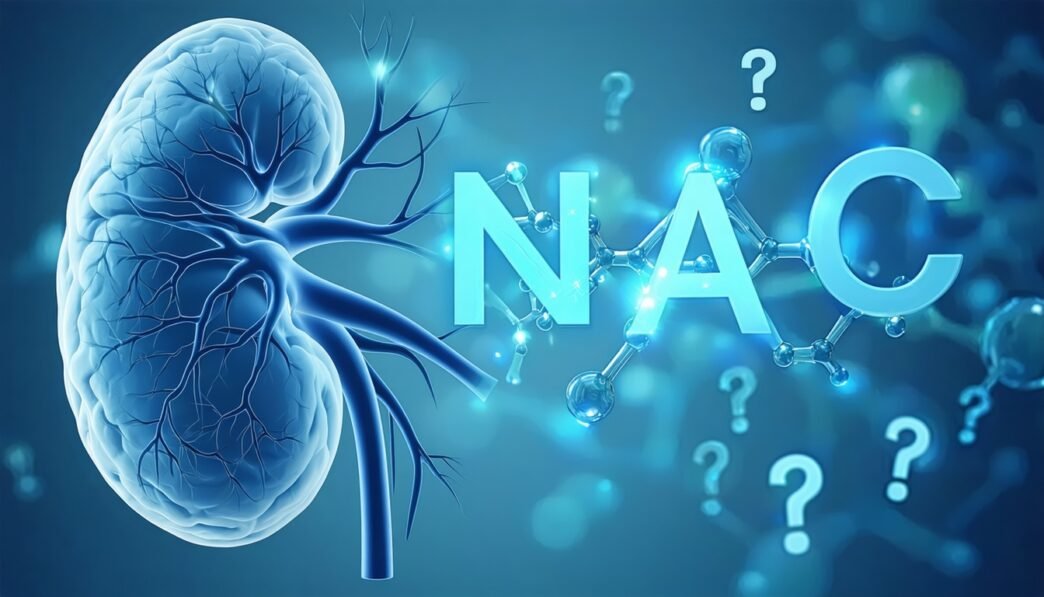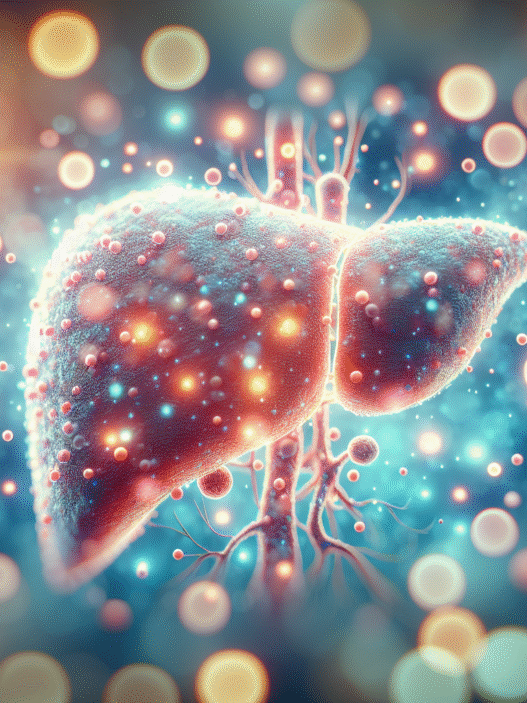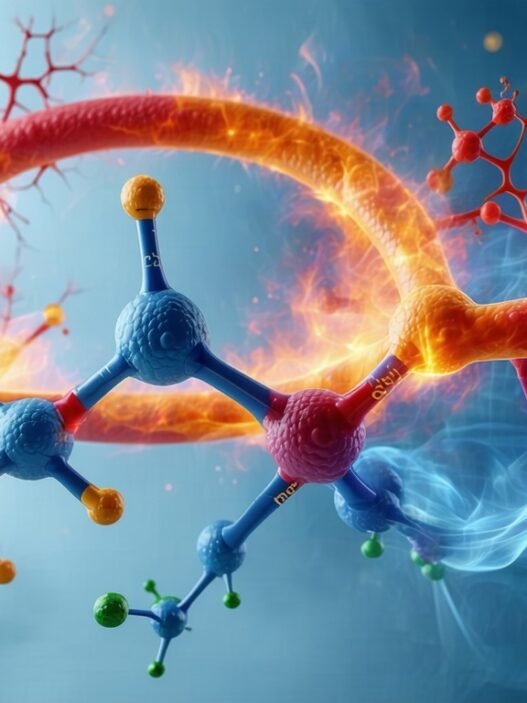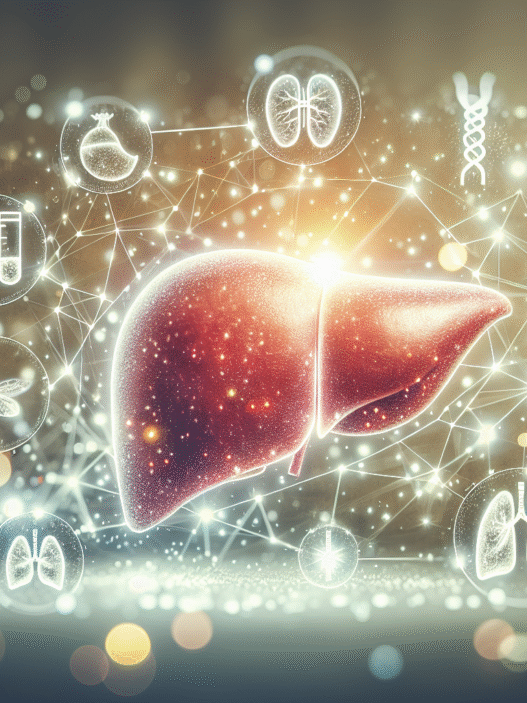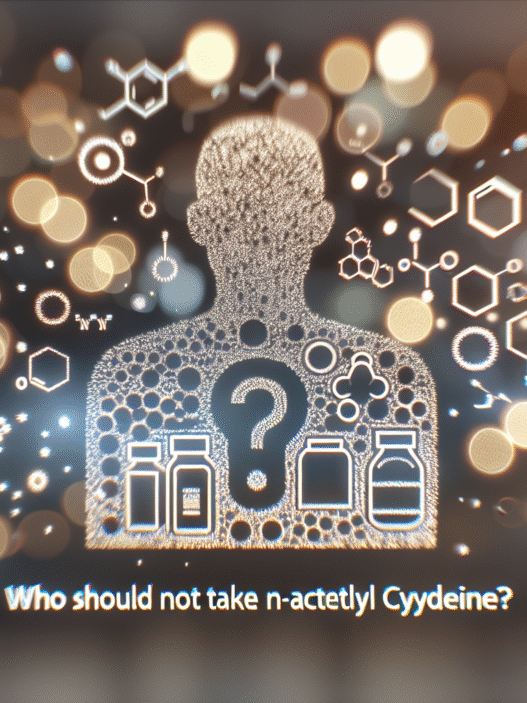Understanding N-Acetyl Cysteine (NAC)
What is NAC?
N-acetylcysteine (NAC) is a medication commonly used for treating acetaminophen overdose and as a mucolytic agent. It has a well-established safety profile and is known for its uncommon toxicity, which varies based on administration route and high dosages. NAC exhibits remarkable antioxidant and anti-inflammatory capacities, making it beneficial in various diseases linked to oxidative stress and inflammation. For further information on its uses, refer to the article on what is NAC N-acetyl cysteine used for?.
Benefits of NAC
NAC is associated with several health benefits, particularly in relation to respiratory and kidney health.
-
Respiratory Health: NAC can help reduce the risk of acute exacerbations in individuals with chronic obstructive pulmonary disease (COPD) and cystic fibrosis (CF). Research indicates that higher NAC doses (greater than 600 mg/day) can effectively prevent exacerbations over extended periods without adverse effects (PubMed Central).
-
Kidney Function: Evidence suggests that NAC is generally safe and may positively impact kidney function, relieve inflammation, and lower the risk of cardiovascular events in individuals with chronic kidney disease (CKD). This highlights its potential benefits for those concerned about their kidney health (NCBI).
For those considering its use, some may wonder, is NAC hard on the kidneys?. The data indicates that NAC can actually be beneficial in maintaining kidney health.
NAC and Liver & Kidney Function
N-Acetyl Cysteine (NAC) has gained attention for its potential benefits in supporting both liver and kidney function. Understanding how NAC interacts with these organs is crucial for individuals concerned about detoxification and overall health.
Impact on Liver Health
NAC supplements may assist in improving liver function by accelerating the breakdown of drugs and toxins in the body. This can be particularly beneficial for individuals with liver disease. Studies indicate that NAC can help mitigate liver damage, especially when used in medical situations such as acetaminophen overdose, where it acts as an antidote WebMD. This protective role underscores NAC’s significance in liver health.
| Benefit | Description |
|---|---|
| Detoxification | Enhances the breakdown of toxins and medications. |
| Antioxidant Effects | Reduces oxidative stress and inflammation in the liver. |
| Therapeutic Use | Used in emergency settings for liver damage due to overdose. |
For more information on liver support, see our article what is nac n-acetyl cysteine used for?.
Effects on Kidney Function
The effects of NAC on kidney function are also noteworthy. Research suggests that NAC appears to be relatively safe and can benefit kidney health. It may relieve inflammation and reduce cardiovascular events in individuals with chronic kidney disease (CKD) NCBI. However, it is essential to consider dosage, as excessive amounts, particularly 7 grams or more, can lead to cell damage or even kidney damage over prolonged use WebMD.
| Potential Impact | Description |
|---|---|
| Inflammation Relief | May alleviate inflammation associated with kidney disease. |
| Improved Function | Potentially aids in better kidney function. |
| Safety Considerations | High doses may pose risks; moderation is key. |
Individuals with kidney concerns should carefully evaluate their NAC intake. Consulting healthcare professionals is advisable for personalized guidance. For more on appropriate dosages, refer to the article is it ok to take nac everyday?.
Overall, while NAC has demonstrated beneficial effects on liver and kidney function, moderation and informed use are critical to avoid potential complications.
Risks and Side Effects of NAC
N-Acetyl Cysteine (NAC) has gained popularity as a supplement for its potential health benefits. However, it is essential to be aware of the associated risks and side effects, particularly concerning kidney health.
Potential Adverse Effects
Although NAC is generally well tolerated, particularly in lower doses, consuming higher amounts may lead to negative side effects. Research indicates that doses exceeding 3 grams per day can lead to mild gastrointestinal issues, such as nausea and vomiting. These side effects are typically manageable, but they can be bothersome for some individuals.
| Dose of NAC | Potential Adverse Effects |
|---|---|
| ≤3g/day | Generally well tolerated, minor gastrointestinal issues |
| >3g/day | Increased risk of nausea and vomiting |
| ≥7g/day | Significant risk of kidney damage, cell damage, or fatalities |
Excessive doses of NAC, particularly those at or above 7 grams, have been associated with severe outcomes, including cell damage and kidney injury (WebMD). Therefore, it is crucial for users to stay informed about their dosing, especially if they are considering high doses for therapeutic purposes.
Dangers of High Doses
Taking NAC in excessive amounts poses serious health risks. Doses of 7 grams or more can lead to kidney damage or even fatal outcomes. Users should be particularly cautious in situations involving rapid consumption of NAC, as the risk of adverse reactions increases significantly.
It is advisable for individuals to consult healthcare professionals before starting NAC, especially if they have pre-existing health conditions or are taking other medications. The potential for dangerous side effects highlights the need for responsible usage and monitoring while taking NAC. Users are encouraged to explore the modest benefits of lower doses and to evaluate whether higher doses are truly necessary for their health goals. For individuals concerned about the balance of benefits and risks, checking resources like what are the negative side effects of NAC? can provide further insights.
NAC Interactions and Precautions
N-Acetyl Cysteine (NAC) is widely recognized for its potential benefits, but like many supplements, it can interact with certain medications and may not be suitable for everyone. Understanding these interactions and knowing whom to consult before starting NAC is important for safety and effectiveness.
Drug Interactions
NAC can enhance the effects of various medications, which may lead to unintended consequences. Here are some notable interactions:
| Medication | Interaction Effects |
|---|---|
| Nitroglycerin | NAC can amplify blood vessel dilation, increasing the risk of headaches, dizziness, and lightheadedness (WebMD). |
| High Blood Pressure Medications | NAC may lower blood pressure further, leading to potentially excessive drops in BP. Monitoring is recommended (WebMD). |
| Activated Charcoal | NAC may reduce the effectiveness of activated charcoal in preventing acetaminophen poisoning. |
| Chloroquine | Interaction may diminish the efficacy of chloroquine, a medication for malaria (WebMD). |
It’s crucial for individuals taking any of these medications to consult with a healthcare provider before starting NAC to avoid potential complications.
Individuals to Consult Before Use
Certain populations should be cautious when considering NAC due to potential risks. Specifically, it is not recommended for:
- Individuals with cystinuria due to increased likelihood of forming cystine kidney stones.
- Those who bleed easily, as NAC can affect blood coagulation.
- Patients regularly using nitroglycerin, as interactions can lead to severe headaches and significantly lower blood pressure (WebMD).
Before beginning NAC supplementation, individuals should consult their healthcare provider, especially if they have underlying health conditions or are taking other medications. This approach ensures safe use while maximizing potential benefits from NAC. For further details about the uses of NAC, you can refer to our article on what is nac n-acetyl cysteine used for?.
Research Findings on NAC
N-Acetyl Cysteine (NAC) has been the subject of numerous studies focused on its efficacy and clinical applications, especially concerning kidney function and overall health. These findings are particularly relevant for those wondering, “is NAC hard on the kidneys?”
Studies on NAC Efficacy
Research indicates that NAC is generally safe and beneficial, particularly for individuals with Chronic Kidney Disease (CKD). Studies have shown that NAC can lead to significant health improvements and a reduction in inflammation. Below is a summary of significant findings from recent research:
| Outcome | Result |
|---|---|
| Relative Risk (RR) of Cardiovascular Events | 0.60 |
| Number Needed to Treat (NNT) | 5.29 |
| Improved Estimated Glomerular Filtration Rate (eGFR) | Yes |
| Reduced Serum Creatinine (Scr) | Yes |
| Side Effects Reported | None in studies |
These findings suggest that NAC reduces cardiovascular events among people with CKD and improves kidney function, as indicated by enhanced eGFR and lower Scr levels compared to a placebo group.
Clinical Applications of NAC
NAC has multiple clinical applications due to its properties as an antioxidant and mucolytic agent. It is commonly used in various settings, including:
-
Chronic Kidney Disease Management: Studies have demonstrated that NAC can help mitigate cardiovascular risks and improve kidney function in patients suffering from CKD. The results have shown no adverse events attributable to the use of NAC (PubMed Central).
-
Inflammation Reduction: Research indicates NAC may lower levels of inflammatory cytokines and homocysteine, potentially benefiting individuals with inflammatory conditions (NCBI).
-
General Health Benefits: Due to its antioxidant properties, NAC is frequently explored for its role in supporting liver health and detoxification, making it a point of interest for those concerned about liver health and longevity. Additional studies also suggest possible advantages in managing respiratory and psychiatric conditions.
The available evidence shows that NAC holds promise as a versatile supplement, particularly for those looking to support kidney function while addressing broader health concerns. For more information about the specific uses of NAC, you can visit our article on what is NAC N-Acetyl Cysteine used for?.
NAC for Specific Conditions
N-Acetyl Cysteine (NAC) has garnered attention for its therapeutic properties, particularly in cardiovascular health and respiratory conditions. This section delves into how NAC may benefit these areas.
NAC in Cardiovascular Health
Research indicates that NAC can play a beneficial role in cardiovascular health. It has been shown to reduce cardiovascular events among individuals with chronic kidney disease (CKD), with a relative risk (RR) of 0.60 and a number needed to treat (NNT) of 5.29. Additionally, NAC was associated with improved estimated glomerular filtration rate (eGFR) and serum creatinine levels compared to placebo groups (PubMed Central).
The following table summarizes key findings related to NAC and cardiovascular health:
| Measurement | NAC Treatment | Placebo |
|---|---|---|
| Relative Risk (RR) | 0.60 | – |
| Number Needed to Treat (NNT) | 5.29 | – |
| Improvement in eGFR | Yes | No |
| Decrease in Serum Creatinine Levels | Yes | No |
These findings suggest that NAC may support healthy kidney and cardiovascular functions, making it a valuable addition to the wellness regimen for those at risk.
NAC for Respiratory Conditions
NAC is also recognized for its benefits in respiratory health. It has been used in higher doses to modulate inflammation, enhance glutathione levels, and decrease elastase activity in patients with cystic fibrosis (CF) (NCBI). Additionally, NAC has shown potential in reducing the risk of acute exacerbations in chronic obstructive pulmonary disease (COPD) patients. Studies highlight that higher doses (>600 mg/day) taken over extended periods have effectively prevented exacerbations without adverse effects.
Key findings related to NAC’s impact on respiratory conditions are summarized in the table below:
| Condition | Benefit with NAC | Evidence Source |
|---|---|---|
| Cystic Fibrosis | Modulates inflammation, improves glutathione levels | NCBI |
| Chronic Obstructive Pulmonary Disease | Reduces exacerbation risk | PubMed Central |
In summary, NAC demonstrates significant promise for individuals concerned about cardiovascular and respiratory health, making it an appealing option for those interested in its protective benefits.











